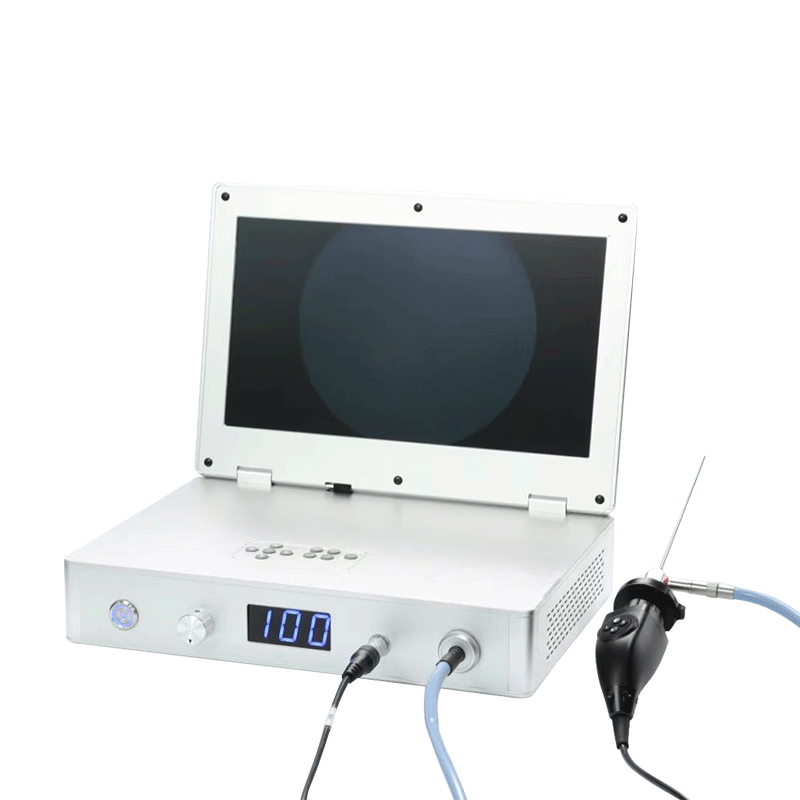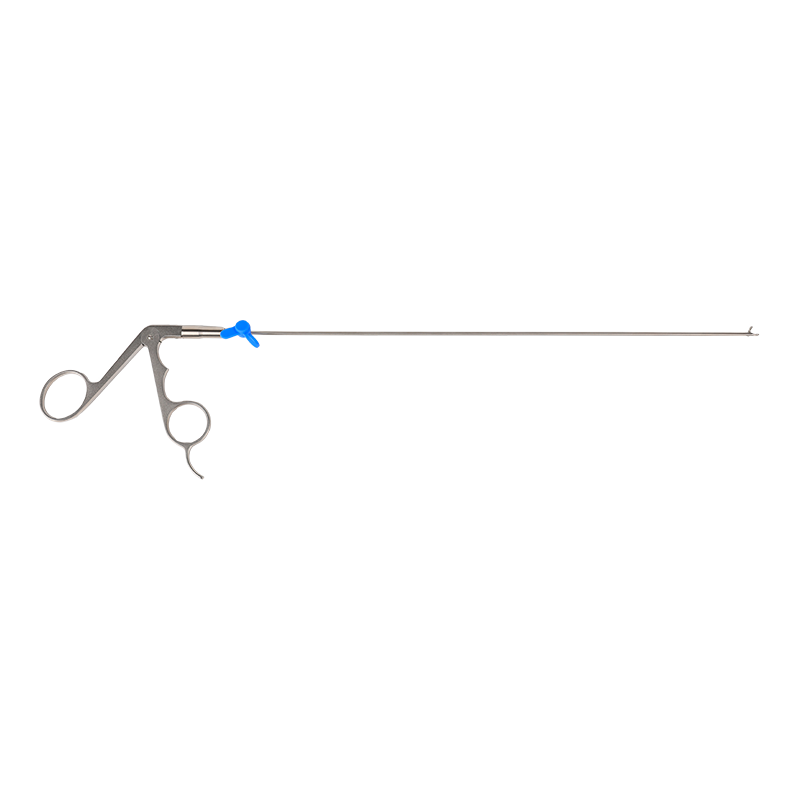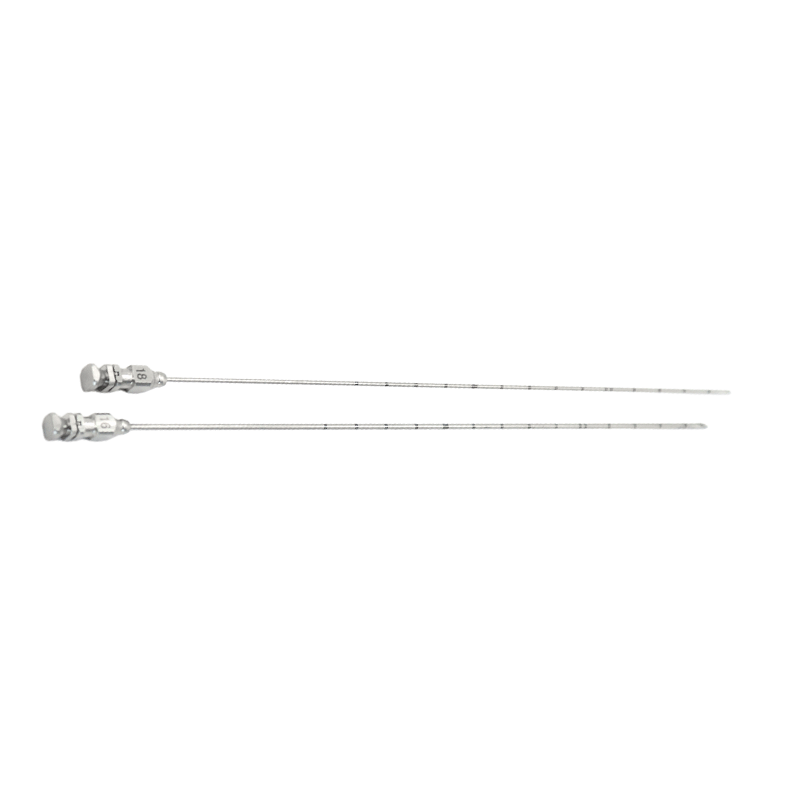Nucleus pulposus forceps are specialized surgical instruments designed primarily for spinal surgeries, particularly discectomies and other procedures involving the intervertebral disc. These precision tools are used to grasp, remove, and manipulate the nucleus pulposus—the soft, gel-like core located within the intervertebral disc. The reliable performance and ergonomic design of nucleus pulposus forceps make them indispensable in modern spine surgery.
What Are Nucleus Pulposus Forceps?
Nucleus pulposus forceps, also known as intervertebral disc forceps or spinal disc forceps, are crafted to access and remove the degenerated or herniated nucleus pulposus during spinal operations. They typically feature slender, curved jaws with serrated tips to ensure a firm grip on disc material. Surgeons rely on these forceps to carefully extract tissue without damaging surrounding nerves or vertebrae.
Applications in Spinal Surgery
The primary application of nucleus pulposus forceps is in lumbar discectomy, a common procedure to relieve pressure on spinal nerves caused by herniated discs. These surgical forceps are also used in microsurgical discectomy, laminectomy, and other minimally invasive spine surgeries. Their precision allows for clean removal of nucleus material, improving surgical outcomes and reducing recovery times.
In addition to discectomy procedures, these forceps are sometimes used in interbody fusion surgeries and during the implantation of intervertebral cages or bone grafts, where removal of residual disc fragments is critical.

Key Features and Benefits
Nucleus pulposus forceps are constructed from high-quality stainless steel, ensuring durability, corrosion resistance, and sterilization compatibility. Common features include:
Ergonomic handle design for improved control and reduced hand fatigue.
Angled or bayonet shafts for enhanced visibility in deep surgical fields.
Variety of jaw styles (straight, up-curved, or down-curved) to suit different surgical approaches.
Delicate serrations for firm yet gentle tissue handling.
These instruments must offer the surgeon both precision and confidence, especially in complex spinal procedures where nerve roots and critical structures are in close proximity.
Importance of Choosing the Right Surgical Forceps
Choosing the right type of nucleus pulposus forceps can significantly impact the success of spinal surgeries. Surgeons must consider the size, curvature, and grip of the forceps in relation to the specific anatomical region and surgical technique. Reputable manufacturers offer a range of models tailored to various spinal levels, such as cervical, thoracic, and lumbar regions.
Additionally, reusable and autoclavable designs are favored for their cost-effectiveness and environmental sustainability in clinical settings.

 English
English عربى
عربى Español
Español







